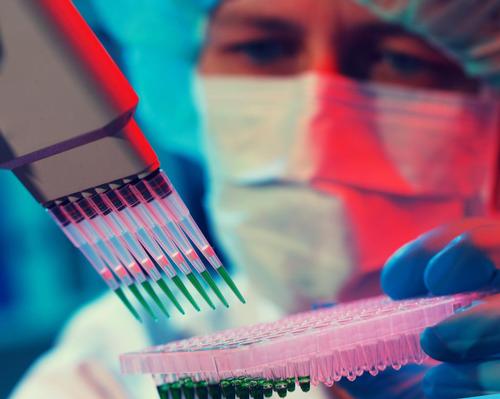28 Dec 2019
Tokyo 2020 could utilise ‘groundbreaking’ gene testing to catch doping cheats
BY Tom Walker

A pioneering gene testing method could be ready to use for the first time at an Olympic Games next year.
According to Thomas Bach, president of the International Olympic Committee (IOC), the genetic examinations would allow blood doping to be identified several months after banned performance-enhancing drugs – such as Erythropoietin (EPO) – were used by an athlete.
This means that while the technology is still awaiting full approval from the World Anti-Doping Agency (WADA), it could be used retrospectively to assess all medal winners from Tokyo 2020.
The testing method has been developed at the University of Brighton by a team led by Yannis Pitsiladis, professor of sport and exercise science.
Pitsiladis researched Ribonucleic acid (RNA), which together with DNA and proteins are essential for all forms of life, and discovered that drugs can leave a tell-tale signature in RNA.
The breakthrough test, he said, “can identify gene markers in blood if an athlete has taken banned substances".
“The WADA labs can, with near-perfect sensitivity, measure the presence of a drug while in the body," Pitsiladis said.
"Our research focuses on the fingerprint banned substances leave behind allowing a greater window of opportunity to catch the cheaters long after the drug has left the system – this is the beauty of this approach.”
Speaking at the WADA's Fifth World Conference on Doping in Sport, Bach suggested that the International Testing Agency (ITA) will collect the appropriate samples to be analysed by the new genetic sequencing method as early as the Olympic Games Tokyo 2020, regardless of whether this testing method is already fully validated or not.
“In the latter case, the IOC would analyse these samples after the full validation of this new testing method," Bach added.
The new method of testing was one of four new main areas of a new, four-point US$10m action plan on tackling doping.
Others were the storing of pre-Games testing samples for 10 years; more money being spent on further scientific research; and the strengthening of the investigative powers of WADA.
Close Window